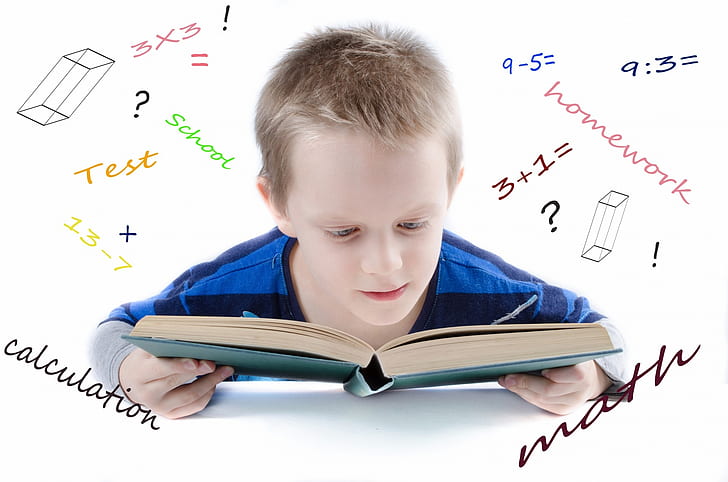Many of us have grown up believing that being a “math person” is a rare trait reserved for those who effortlessly raise their hands to solve problems or confidently approach the chalkboard. However, the truth is that anyone can be a math person. The key lies in understanding the habits of mind that mathematicians develop, rather than focusing solely on memorization or specific facts learned in school.
Individuals who excel in mathematics often share a common ability to think like mathematicians. Whether this inclination is innate or cultivated through effective teaching, these individuals engage in logical reasoning, visualization, pattern recognition, and experimentation. The misconception that math is merely about memorization overlooks the creative and artistic aspects inherent in mathematical thinking.
Recent neurological research has challenged the notion that some brains are inherently predisposed to excel in mathematics. A 2016 study revealed that mathematical processing occurs in brain regions associated with problem-solving, separate from language processing. This groundbreaking discovery suggests that everyone can develop a mathematical mindset, regardless of perceived innate abilities.
The problem is with how it is taught. Therefore, to reform math education, the focus should shift from memorizing specific facts to cultivating the habits of mind essential for mathematical thinking. Eight standards, such as problem-solving perseverance, abstract reasoning, constructing arguments, modeling with mathematics, strategic tool usage, precision, structural awareness, and recognizing regularity in reasoning, can be explicitly taught alongside traditional math concepts.
Thinking like a mathematician aligns with the skills needed in the 21st century. Rather than emphasizing rote memorization, math education should encourage students to become pattern sniffers, experimenters, describers, tinkerers, inventors, visualizers, conjecturers, and guessers. These habits of mind foster a deeper understanding of mathematics and promote creative thinking.
Word problems, especially those mirroring real-life situations, play a crucial role in math education. While the problems presented in classes may be contrived, they serve as valuable tools for developing problem-solving skills and instilling habits of mind conducive to creative thinking. Real-world applications provide context and relevance, making math more engaging and applicable beyond the classroom.
Dispelling the myth of the “math person,” it becomes evident that mathematical thinking is a skill that can be developed by anyone. By embracing the habits of mind employed by mathematicians and reforming math education to prioritize these skills, we can empower individuals to think creatively and approach mathematics with confidence. In doing so, we not only unlock the potential within each learner but also contribute to the development of essential 21st century skills for the benefit of society as a whole.
